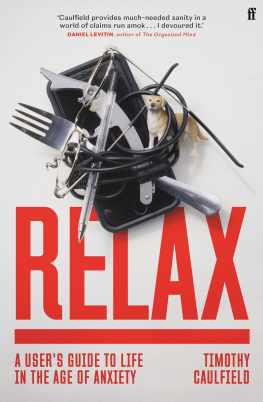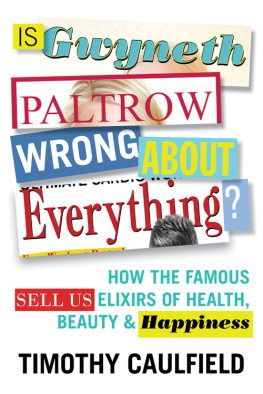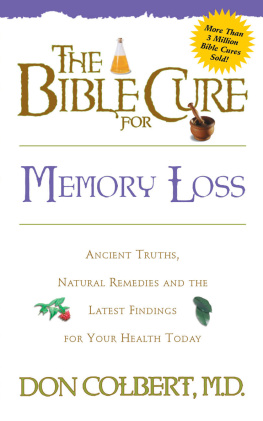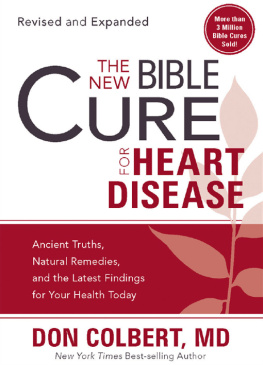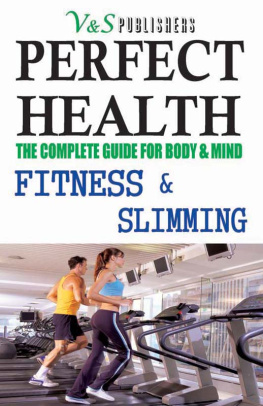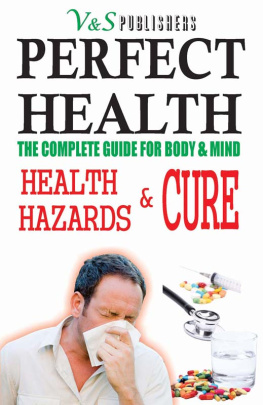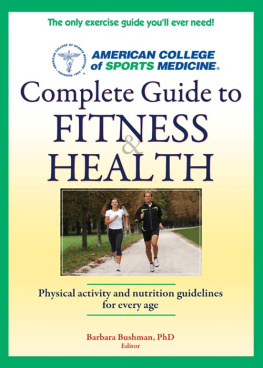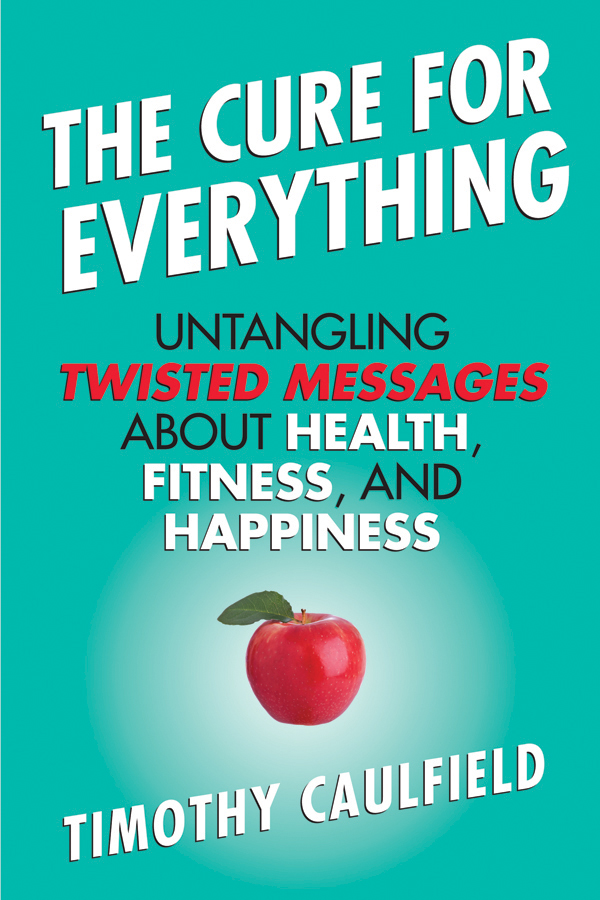The Cure for Everything
Untangling Twisted Messages about Health, Fitness, and Happiness
Timothy Caulfield
Beacon Press
Boston
For my workout partner, Joanne
Contents
Introduction: The Cookie Conundrum
Ninety-five percent of all disease is caused by a buildup of acid in our bodies, said the instructor emphatically. She had an unusual accent, a mix of Bavarian barmaid and Southern preacher. She was large and sturdy and seemed to believe everything she was saying. Every seat in the room was taken by her audience of middle-aged couples, so I sat on some exercise equipment at the back. I was on summer holiday and my wife had convinced me to attend the lecture. I bet it will be fun, she said. Who knows? You might learn something. Her smile told me she knew I wasnt likely to agree with her optimistic knowledge-enhancement prediction.
We need to cleanse our bodies, the instructor said. Just like a car, we need to clean our bodies to make sure they work properly so we dont get diseases like cancer and diabetes. By cleansing our bodies we will become more fit and our metabolism will increase and we will lose weight, especially in all those tough spots: the arms, the belly, and the bum. She pointed to the relevant region of the body as she said arms, belly, and bum. The last got a laugh from the crowd. They were captivated. Some were writing notes as she explained the details of detoxification.
I knew that absolutely every statement she made was either incorrect or misleading. Complete crap. We dont need to detoxify and cleanse our bodies. Detoxification will not result in weight loss. You cannot make a particular part of your body lose weight by consuming algae, which was her recommended remedy for the elimination of flab.
It was, however, an amazing performance, a mix of pseudoscientific jargon, faith-healing proselytizing, and over-the-top fear-mongering. Some of her claims were so absurd that I had to suppress a laugh. For example, she informed the crowd that if you eat meat and dont cleanse on a regular basis (i.e., irrigate your bowels), the lower colon gets clogged with an immovable, thick, mucus-y sludge. This sludge, apparently, causes a host of ailments, and many of us are carrying around as much as ten pounds of this disgusting substance. Some of her other claims infuriated me because of their simplistic inaccuracies, especially those that concerned serious diseases. She told the audience, her grave tone reinforced by scientific-looking diagrams and terminology, that the toxins in deodorants cause breast cancer. Nonsense.
At the end of the talk came the sales pitch. Do you want to be healthy? You cant blame aging, the instructor informed us all. You can only blame yourself. You must take control and detoxify your body. An acidity and toxicity assessment costs forty dollars. Isnt your health worth this much?
Coincidentally, a host of detoxifying products and processes would be available for sale after the assessment. As soon as the talk ended, everyone in the room, it appeared, lined up to get detoxified.
And who can blame them? Despite my deep skepticism, I understood the urge to jump to the head of the line. Who wants sludge in his colon? Detoxifying sounds like a sensible idea. Dont toxins cause disease? And while the fat-melting-algae potion was a bit far-fetched, much of her presentation seemed grounded in some kind of science. She was offering a path to better health.
I want to be healthy.
This book is about health. More particularly, it is about the science associated with health. As the detoxifying dominatrix demonstrated, there is a considerable amount of weird information out there. Every day, we are showered with advice about our health. We are told we are fat. We are told what to eat. We are told what not to eat. We are told to cleanse. We are told to take supplements. We are told we need to exercise. We are told to stretch. We are told to take pharmaceuticals. We are told to avoid pharmaceuticals. We are told to get our meridians centered.
We are told to get healthy, damn it!
Of course, it is true that there has never been more evidenceof vastly differing degrees of qualityto support this advice. We live in the health-science era. It is everywhere. Pick up a newspaper: there is a good chance you will find several stories on biomedical research. Often the stories are frivolous reports describing new diets or exercise routines. But others may be about the latest big science discoveriesfor instance, a scientific breakthrough that promises life-enhancing treatments for a particular disease will be available in just a few years. There are also stories that come from the scientific fringe. My local newspaper seems to have at least one article a week on the benefits of some form of alternative remedy, practices deriving from the realms of homeopathy, chiropractic, and naturopathy. Regardless of their sources, all of these stories have a common theme: our health.
Newspapers, of course, are hardly our only source of health and science stories. An ever-rising tide of information can be found on television, on radio, in government reports, on blogs, on iPhone apps, in books and magazines, and, of course, in advertising about pharmaceuticals, diets, and fitness programs. We live in a sea of (purportedly) science-based health information.
What are we to do, really, with all this information? Can one actually use it to live a healthier life? What information can we trust? Can emerging areas like genetics solve our health problems? Do any diets work? Can we ever believe pharmaceutical companies? Is the simple answer really that we all just need to clean our colons? Is there a cure for everything?
In this book, I will seek to answer these, and other related questions. What will we find? While science is everywhere, the scientific information that passes through the publics field of view is often wrong, hyped, or twisted by an ideological or commercial agenda. It may also be twisted by our own beliefs, evolutionarily determined predilections, or market-leveraged desires.
We need to recognize the deep irony of it all. At a time when scientific knowledge has never been more important, it is being subjected to an unprecedented number of perverting influences. Not that this should come as a surprise. As science becomes more central to our lives, the stakes grow higher, and the incentives to twist the scientific message multiply. In some countries, health care consumes from one-third to one-half of government spending. Both the pharmaceutical and alternative medicine industries generate hundreds of billions of dollars in annual sales. And many billions of dollars have been invested in research initiatives such as the Human Genome Project.
The result is clear: the health sciences are more essential to our world than ever before. And their impacton the economy, on human health, on education, and on the broader cultureis likely to increase. Science informs our decisions about the drugs we take, the food we eat, and the forms of exercise we engage in. Scientific data should help us make the best decisions we can, but is this what actually happens? While never promising the Truth, science is meant to nudge us closer to an objective picture of our world. It should give us some idea of what is likely to work. But despite the power of science to provide practical information, most of us have only a vague notion of what actually makes us healthy. Our vision has been obscured by personal and institutional agendas, commercial interests, and pop-culture spin. And to make matters worse, the institutions that should guard us against these perverting influences have mostly failed at the task. In fact, because governments view scientific innovation as the engine of economic growth, they have become part of the problem. They, too, have become twisted.


